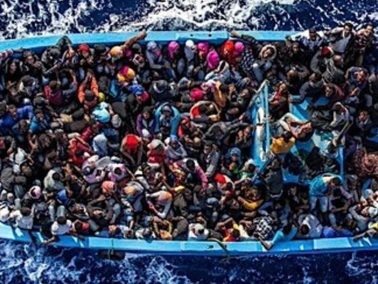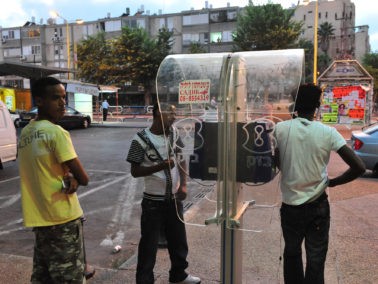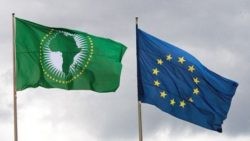SIHMA's Collaborations in the Academic Field
At SIHMA, the vision and the line that guides our work is based on the defence of the human rights of people on the move. With the idea of ensuring their dignity and access to the fundamental resources to develop their life projects, SIHMA focuses part of its activity on research. OUR OBJECTIVE IN ESTABLISHING COLLABORATIVE NETWORKS: Knowing the different contexts of the people, delving into the different perspectives of each migratory process and identifying...
.jpeg)
The African Observatory for Migration and Development: for the benefit of whom?
During the 28th summit of the African Union (AU), as soon as Morocco returned to the AU after thirty years of absence, the country’s sovereign, King Mohammed VI, was appointed Africa’s leader for migration. Part of this decision was based on the positive development of the 2013 Moroccan policy on national immigration and asylum which aimed at regularizing the situation of many migrants and which benefited 25,000 migrants in 2014 alone. The King started working towards an African Agenda on...

Whose Agenda? Bottom up Positionalities of West African Migrants
The article summarized below, “Whose Agenda? Bottom up Positionalities of West African Migrants in the Framework of European Union Migration Management” was originally authored by Lothar Smith and Joris Schapendonk from Radboud University (Netherlands) and published by the Scalabrini Institute for Human Mobility in Africa (SIHMA). In an attempt to stem the influx of African migrants towards the shores of Europe, the European Union has launched numerous initiatives to boost economic...

EU-Africa Relations on Migration: What future?
Over the past ten years, broadly under the auspices of the Joint Africa-EU Strategy (JAES), regional migration dialogues between the EU and the AU have intensified for the purposes of improving cooperation and making a well-managed migration a tool for development. However, the EU has pursued an agenda driven mainly by an interest in reducing irregular movements and transferring control over the governance of migration policies to European states. Intra-regional migration dialogues and regional consultative migration processes led by groups...

